The special problems for any comprehensive treatment of the scientific investigations of Leibniz arise, on the one hand, from the fact that essential parts of his work have not been edited and, on the other hand, from the universality of his scientific interests (in his case ranging from physics through theory of law, linguistic philosophy, and histeriography to particular questions of dogmatic theology). In view of this diversity of interests and the fragmentary, or rather encyclopedic, character of his work, the expositor is confronted with the task of achieving, at least in the part, what Leibniz himself, following architectonic principles (within the framework od
scientia generalis), was unable to accomplish.
Leibniz' work is rather a marked metapysical and methodological concern that systematically expresses variations on the same theme in various special fields and underlies Leibniz' quest to establish a unified system of knowledge.
The writings of Leibniz are based on his search for the ultimate grounds of mechanism that led him to metaphysics and the doctrine of entelechies. Instead of setting out his philosophy systematically in a
magnum opus, Leibniz presented piecemeal clarifications of his views in works that, in various ways, were inspired by the publications of others, among them Huygens, Hobbes, Descartes, Malebranchem Papin, Arnauld, and Newton.

 Huygens, Christian, Traité de la lumière,
Huygens, Christian, Traité de la lumière,  Source information
Source information

